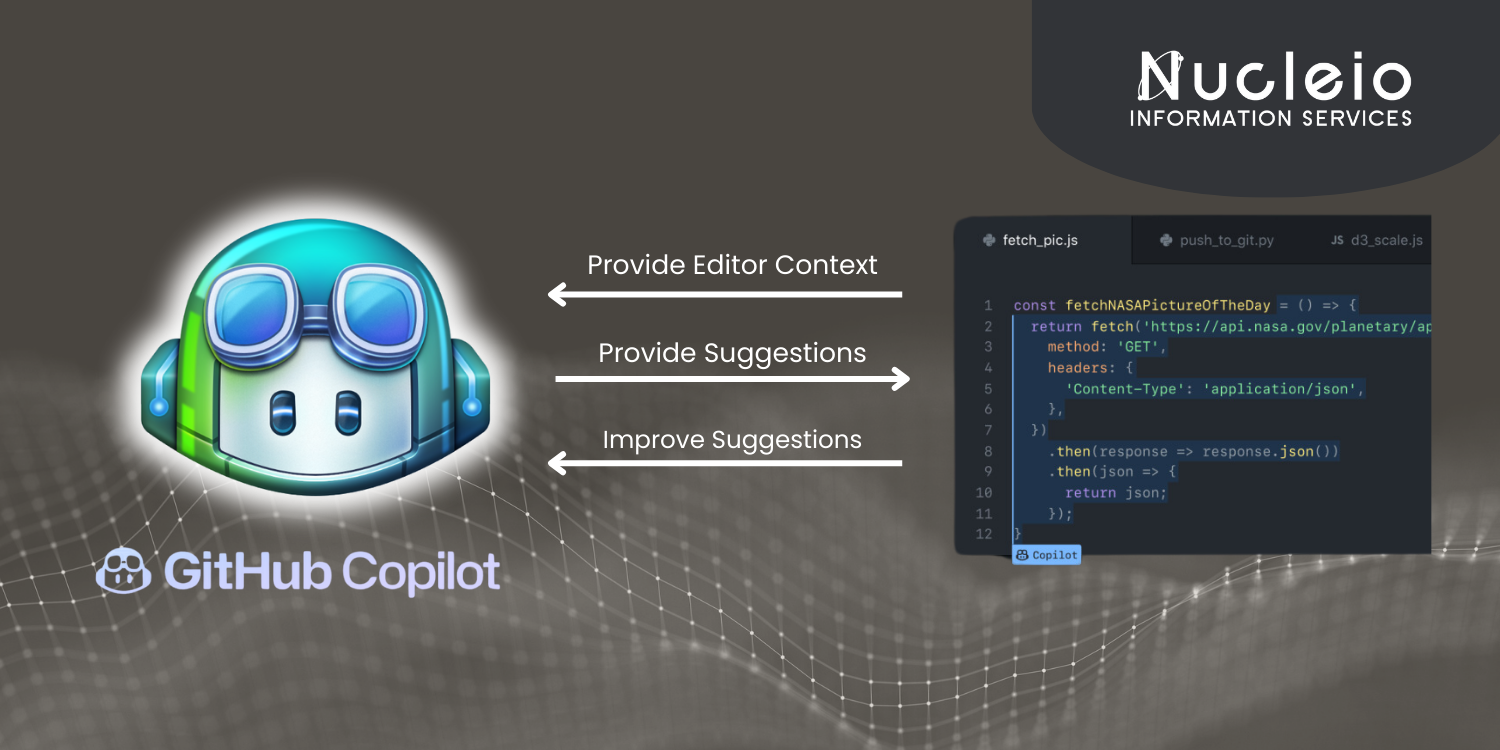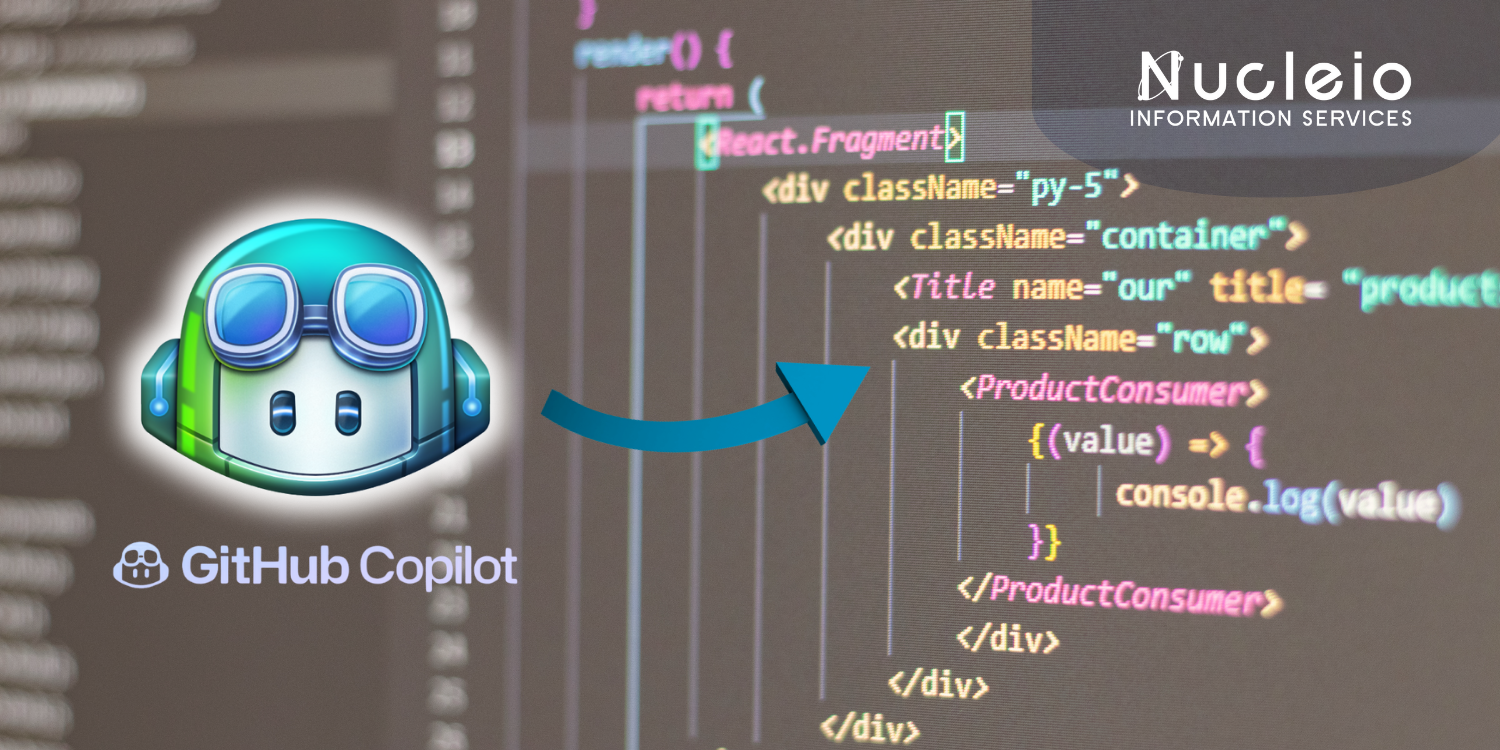GitHub Copilot has become a hot topic among developers. This AI-powered tool, built on top of OpenAI Codex, integrates with your code editor, suggesting entire lines of code, functions, and even complex structures as you type. OpenAI Codex itself is trained on a massive dataset of public code and text scraped from the internet. But is Copilot a revolutionary time-saver or a crutch that hinders learning? Let’s break down the pros and cons of this intriguing technology.
Pros: Boosting Efficiency and Creativity
Increased Productivity:
Copilot automates repetitive tasks like filling in boilerplate code and suggesting common functions. This frees developers to focus on the core logic and problem-solving aspects of programming, leading to faster project completion.
Learning Aid and Inspiration:
Stuck on a problem? Copilot’s suggestions can act as a springboard for new ideas, helping developers explore different approaches and experiment with new libraries and frameworks. This can be particularly beneficial for beginners who are still solidifying their coding foundations.
Cons: The Need for Critical Thinking and Ethical Considerations
Not Perfect Code:
Copilot, powered by OpenAI Codex, is trained on a vast dataset of real-world code. While this can be beneficial, it also means the suggestions might be incomplete, buggy, or even reflect bad coding practices found online. Developers need to critically evaluate each suggestion and understand the underlying code before blindly accepting it. Over-reliance on Copilot can lead to a shallow understanding of core programming concepts and the potential for introducing security vulnerabilities.
Distraction and Bad Habits:
The constant stream of suggestions can be distracting, disrupting a developer’s flow state. Additionally, Copilot’s ability to generate working code can lead to bad habits like poor code structure or a lack of attention to detail. Developers should prioritize understanding the “why” behind the code, not just accepting the “how.”
Ethical Concerns:
OpenAI Codex, the foundation of Copilot, is trained on publicly available code. This raises ethical concerns, as the code it suggests might contain snippets of copyrighted material or trade secrets. Developers should be vigilant about the code they accept and ensure it adheres to proper licensing guidelines.

Conclusion
GitHub Copilot is a powerful tool, but it’s important to use it judiciously. It can be a valuable asset for boosting productivity and sparking creativity, but it should never be a substitute for a strong foundation in programming principles. By approaching Copilot critically and using it alongside traditional learning methods, developers can leverage its strengths while mitigating its potential drawbacks.

